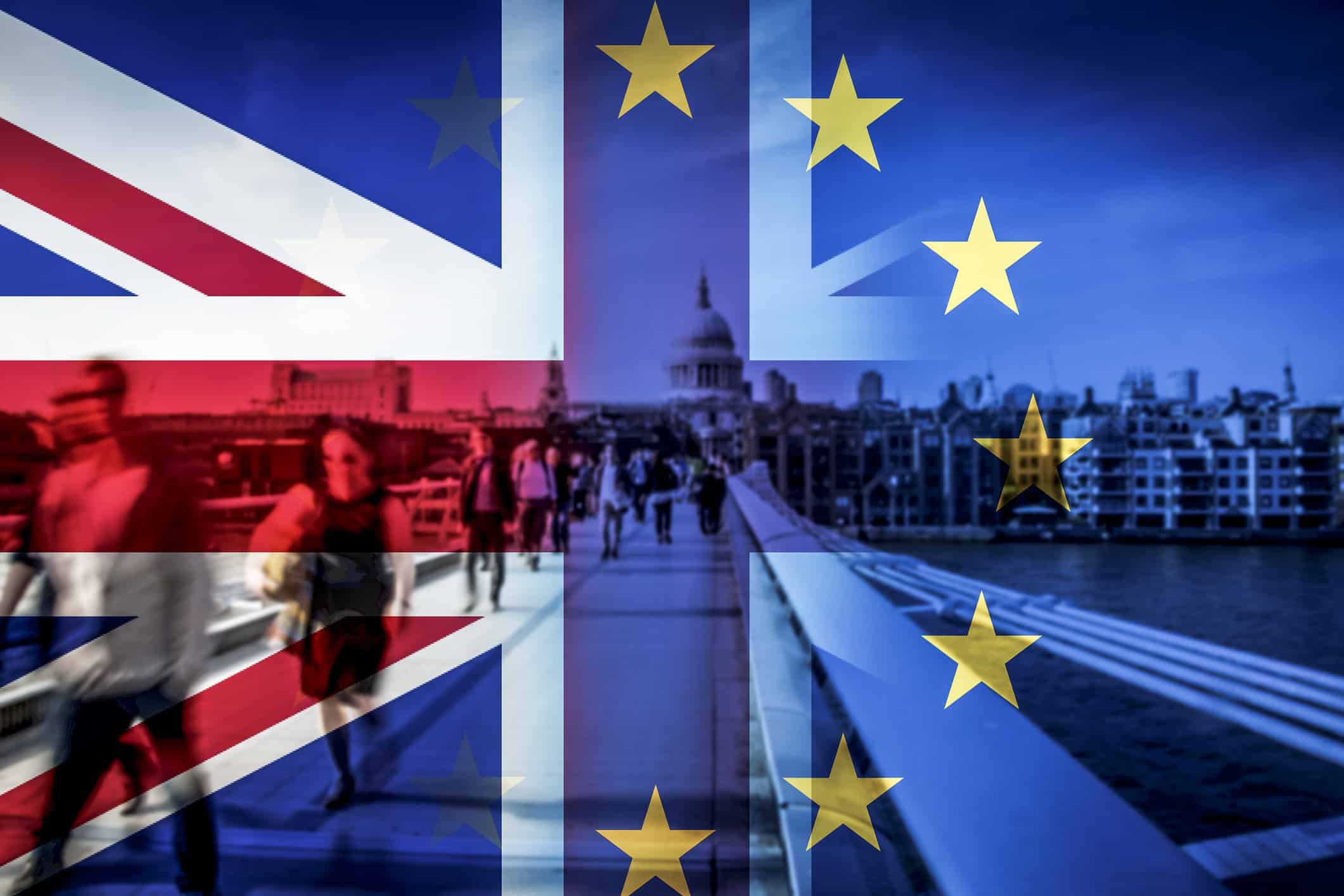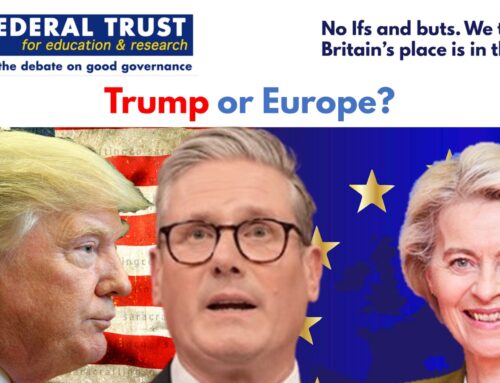Within ten days after the finalisation of the UK withdrawal from the EU, the European Union is to start an ambitious Conference on the Future of Europe. The aim of the Conference is to discuss the place of the citizens in the construction of the Union and to underpin European democracy with a solid political theory. So, the result of Brexit seems to be that the UK is concentrating on its role as ‘Global Britain’, while the EU aspires to form the first-ever democratic regional organisation in the world. As these ambitions are likely to lead to an increasing divergence between the two protagonists, it appears to be a wise and mature decision of the EU to invite the British politician Richard Corbett to play a pivotal role in the Secretariat of the Conference. Building bridges in times of separation may prove to be indispensable for the wider future of Europe.
European democracy
From the conceptual point of view, the withdrawal of the UK from the EU has been in the offing for decades. While the internal market formed the pole of attraction for Conservative governments in the sixties, it was regarded by the founding member states as a stage in the process of creating an ever closer union between the peoples of Europe. The fact that the Communities and the subsequent Union aspired to be more than a free trade association, was underlined by the identification of the EEC in 1973 as a ‘Union of democratic States’.[1] From that moment on, the continental member states wanted their Union to function on a democratic footing too.[2] For them, there was no point in governing an organisation of states in an undemocratic manner. On the contrary, they argued, if two or more democratic states agree to share the exercise of sovereignty in a number of fields with the view to attain common goals, their organisation should be democratic too. In line with this principle, EU citizenship was established in 1992 and the Charter of Fundamental Rights was proclaimed in 2000. The 2007 Lisbon Treaty constituted a conceptual breakthrough inasmuch as it construed the EU as a democracy without turning the Union into a state.[3]
Drifting apart
Although the UK continued to support the drive towards the completion of the internal market, notably during the preparations of the 1992 Maastricht Treaty, the Tory governments of the day also stepped up their opposition to further cooperation beyond the economic domain.[4] The opt-outs in the social field confirmed their intention to limit European integration to the economics. The consequences of this approach became clear when the Conservative Party returned to government in 2010. While the continental member states of the EU were slowly but steadily proceeding on the path to rescue the euro and to make their Union more democratic, PM Cameron refused to help in the effort to save the common currency.[5] After the other member states -minus one- had overcome British opposition by concluding an intergovernmental treaty with respect to the euro, Cameron announced his decision to hold a referendum on the continuation of British membership of the EU. The most remarkable aspect of his ‘Bloomberg-speech’ from the conceptual point of view was that he described the EU as an undemocratic organisation. His argument was elevated to an unprecedented level of absurdity by his rival and successor Johnson, who did not hesitate to portray the EU as the ultimate tyranny and loathed the Union as the ‘Fourth Reich’.
A democratic Union of democratic States
The lesson, which the EU must learn from this tragic episode, is that it has to acknowledge, strengthen and promote its own model of democracy. The hallmark of the EU, as construed by the Lisbon Treaty, lies in its system of dual democracy. According to the Lisbon Treaty the EU has to respect comparable standards of democracy and the rule of law as the Union requires its Member States to meet. From the perspective of the citizens, this construction ensures that they enjoy similar protection from the EU and its institutions as they are constitutionally entitled to receive from their Member States. In consequence, the EU may identify itself as a ‘democratic Union of democratic States’.
Reconstructing Relations
So, the discrepancy between the Brexiteer’s portrayal of the EU as the ultimate dictatorship and the Union’s self-perception as a democratic Union of democratic States could hardly be sharper. A continuation or widening of this discrepancy is bound to result in a further deterioration of the relations between the former partners. It is therefore a welcome decision of the European Parliament to invite a leading British thinker on European democracy to join the Secretariat of the Conference. Richard Corbett has not only served several terms as a Member of the European Parliament, but he has also authored a chapter about ‘Democracy in the European Union’ in an academic textbook on the EU.[6] The current ebb in relations between the UK and the EU is by no means doomed to be perennial. When the present EU-phobia in the UK has raged out, time may come to reconstruct relations. Building bridges is an essential precondition for restoration of trust. It may also prove to be indispensable for dispelling myths and prejudices about ‘the other’.
Notes
[1] EC-Bulletin 1973-12
[2] J. Hoeksma, European Democracy, Tilburg 2019
[3] J. Hoeksma, A polity called EU, The European Union as a Transnational Democracy, Europe’s World 2010
[4] J. Cloos, Le traité de Maastricht, Bruxelles 1994
[5] H. van Rompuy, In the storm, Leuven 2014
[6] R. Corbett, Democracy in the European Union, in: D. Kenealy, J. Peterson and R. Corbett (eds), The European Union: How does it work? 4th Edition, Oxford 2015






Leave A Comment